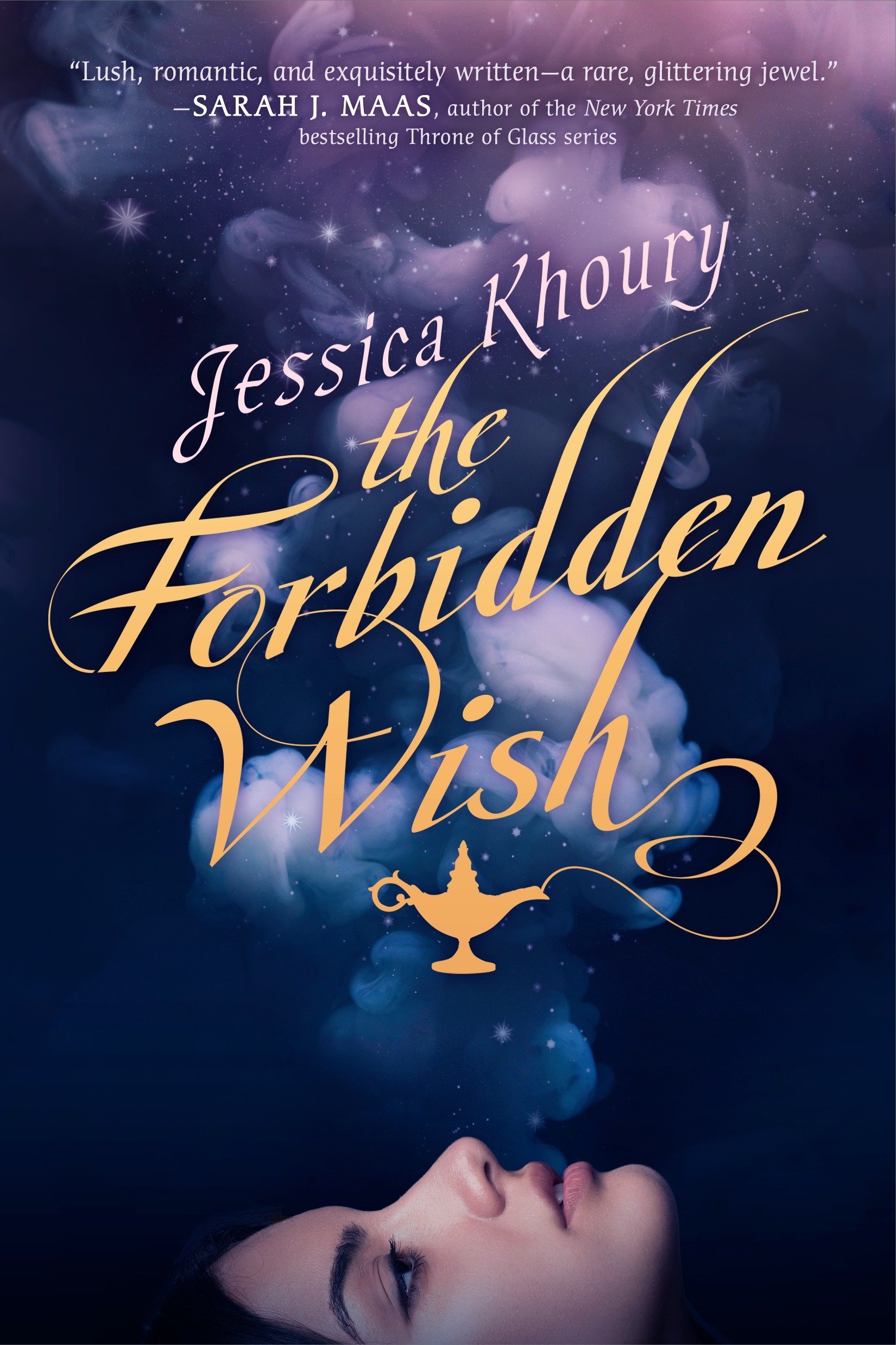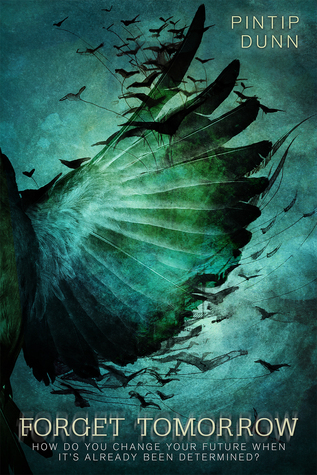5/5
After trying to read a few books that just weren't doing it for me, I found exactly what I was looking for: a fantasy novel with themes of freedom and loyalty, friendship and responsibility, led by an amazing cast of characters.
The Forbidden Wish is sold as an Aladdin retelling, but it is much more than that. Khoury has loaded it with history and intricacies so that the story is completely new. Zahra, our lead jinni, is direct, strong, and vulnerable. I love how Khoury made sure we never forget that Zahra isn't human, but at the same time incited sympathy. The mystery of piecing together the sins of the past and exactly what crimes were committed kept me eagerly reading. Following Zahra's fight for freedom and watching her scheme to achieve her own goals all while staying within the limitations set on her made me a loyal fan of hers.
I also adored Aladdin and Caspida, and I wish they had gotten even more of the spotlight. Our eyes were always focused on Zahra, but in our peripheral vision Khoury allowed us to see how Aladdin and Caspida were each strong and complete characters. We got glimpses of how much was on each of their plates and could decipher the reasoning behind their actions-- a sign of good writing that Khoury was able to show us what Aladdin and Caspida felt and thought, even if Zahra didn't specifically acknowledge it. The Forbidden Wish could definitely be re-written from either Aladdin's or Caspida's point of view, and it would tell a different story that I would 100% want to read.
The ending may be a little bit of a stretch, but is overall a small imperfection. The Forbidden Wish mixes the complicated navigation of courts and lies, duty and freedom, and love and loyalty. I would highly recommend it, particularly to fans of The Winner's Curse and Strange the Dreamer. Plus, who can ever say no more Aladdin?


